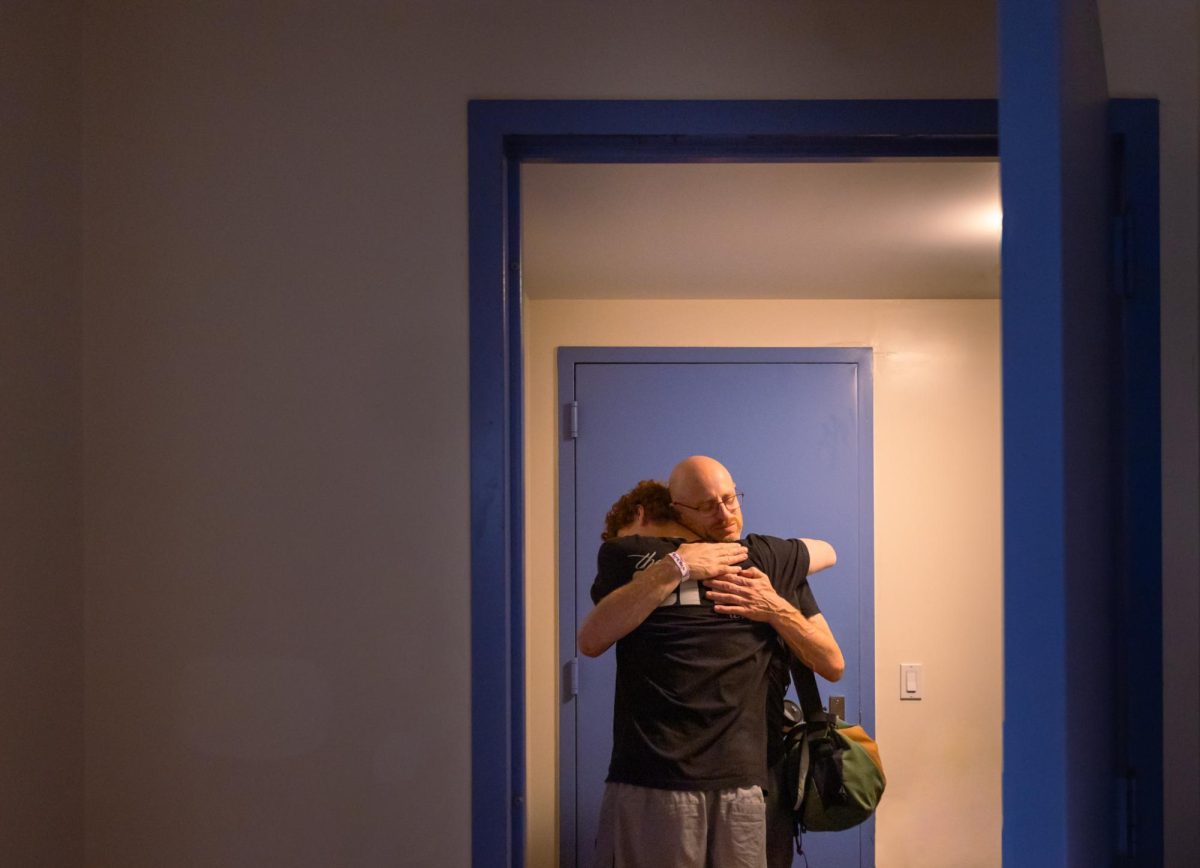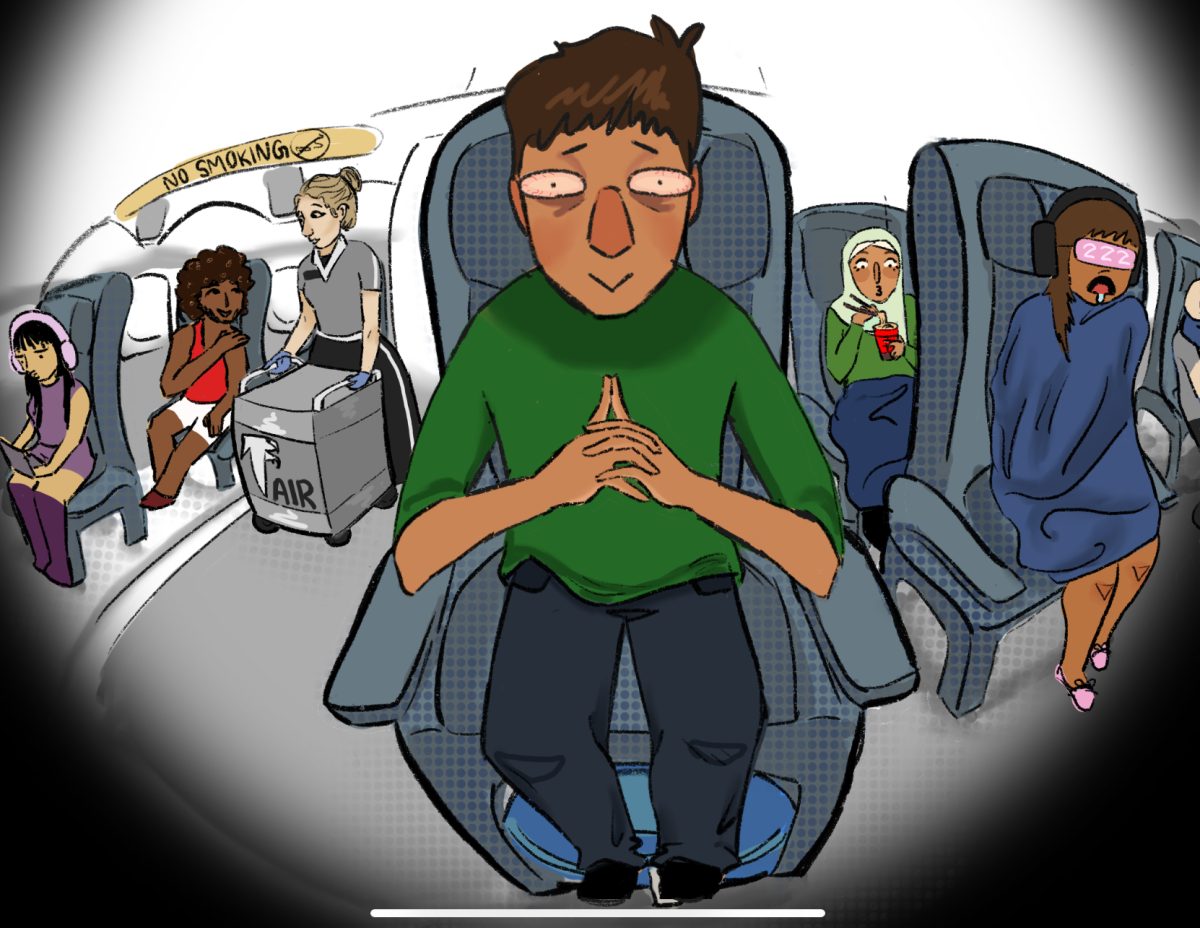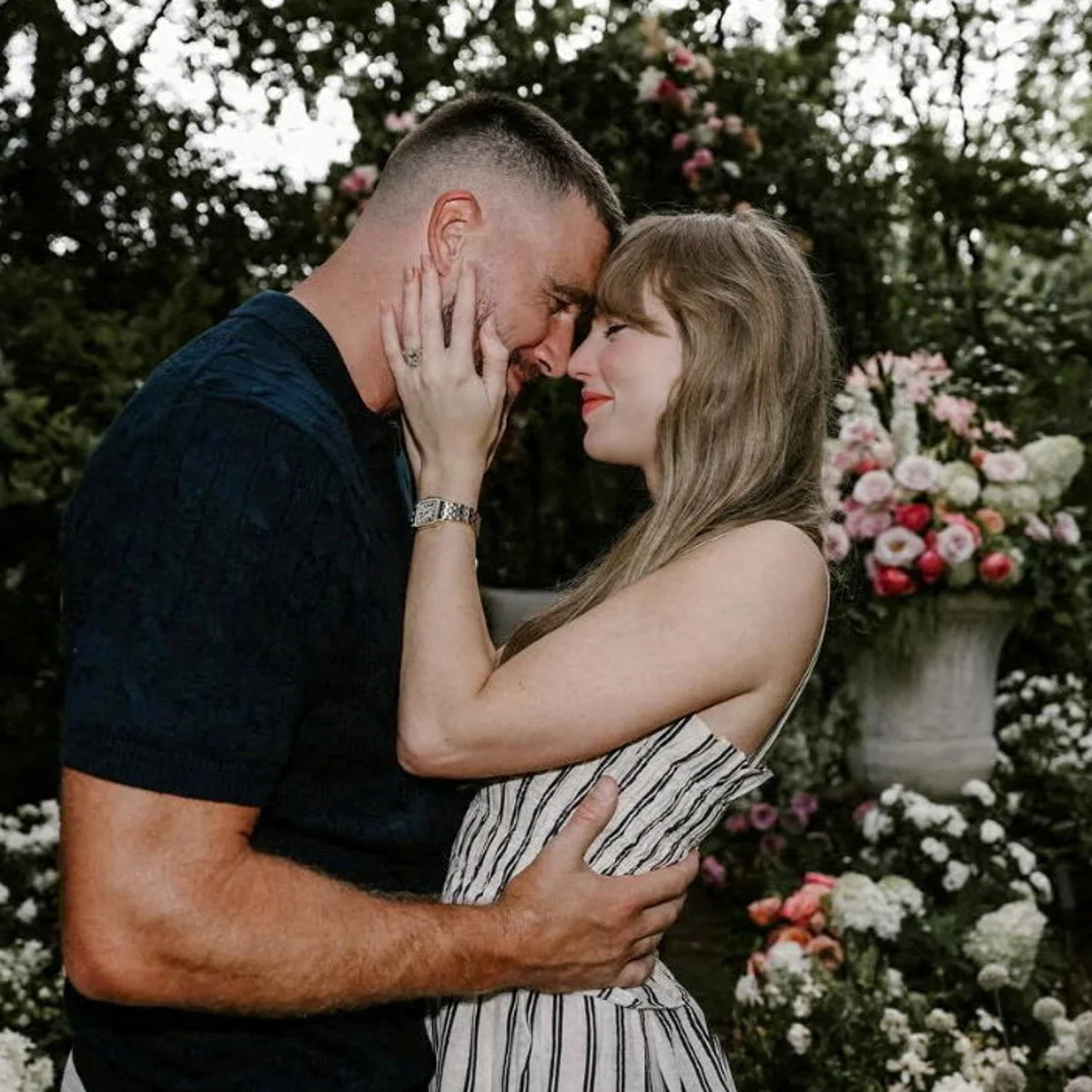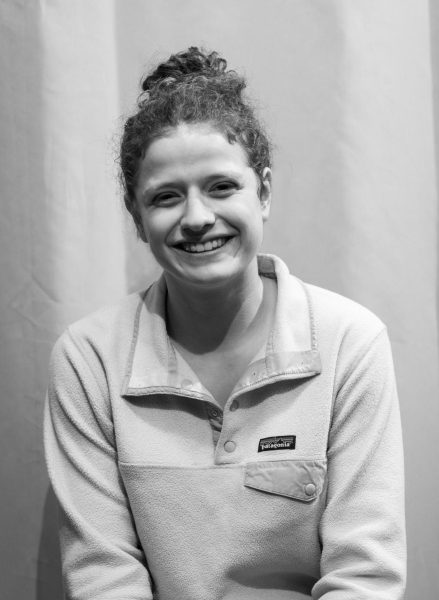As my dad reluctantly released my brother Isaac from a bear hug in Isaac’s new NYU dorm, I failed to wipe my tears as fast as they were falling. I watched my dad’s solemn eyes sink along with his head; he knew things would never be the same. Having all hugged each other, my family stood, present in just waning breaths and sniffs, not ready to succumb to the end of an 18-year-long chapter. I surrendered to my flooding cheeks, realizing how little I was prepared for a life without Isaac, who was my unlikely support system, had become my favorite confidante, and understood me better than anyone.
While the familiar quote prepares one for sadness to come in waves both unpredictable and unmanageable, in the process of letting go of Isaac I’ve found that metaphor to be incomplete. Sadness is only sparked when you stumble upon the key to grief: love.
By all means, the absence of my brother does not compare to the extent of possible sorrow. But, throughout my parents’ divorce, consuming struggles with identity, and trying conflicts with trust in my life, I’ve seen sadness take the same course. Each time sadness has hit me, there have been sparks: fresh, little reminders of everything that has changed.
The day after we left Isaac in New York, I wrote in my journal, “I can’t just be sad that Isaac’s leaving, I’ve already done that.” The four-hour drive back from the city yielded a half hour of tears, but once the spark of our hug goodbye faded, my cheeks dried up in the back seat. However, when I got home, new sparks were waiting for me there, odd ones, but reminders of change all the same: my half-decorated walls and mediocre drawings that I couldn’t excitedly show him at the first glimpse of improvement, our kitchen table where 2 a.m. would no longer see conversations full of advice and vulnerability, and my closet where I couldn’t ask him for the style advice I was never comfortable discussing with anyone else. Many tears later, those sparks dwindled as well, and my tears turned into salt tracks. But only until the morning, where new sparks filled the next day.
The more love there is, the more reminders there are of its absence, and thus the more sparks there are hidden around life. Some interpret this sadness as coming in seemingly random and continuous waves. However, I don’t believe it is unmanageable as long as each emotion is felt to its fullest. Attempts to strip sparks of their sadness will only perpetuate them, but giving into painful emotions eventually allows for the realization that life can go on even in their presence. I also don’t believe sadness is unpredictable, because it is tied to the ways love seeps into life. So I don’t pretend to know when I’ll stop being hit with tears. I just know that each time I cry, it’s a testament to all of the ways Isaac has changed my life.
This article also appears in our November 2023 print edition.








